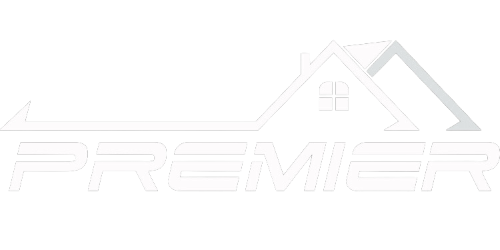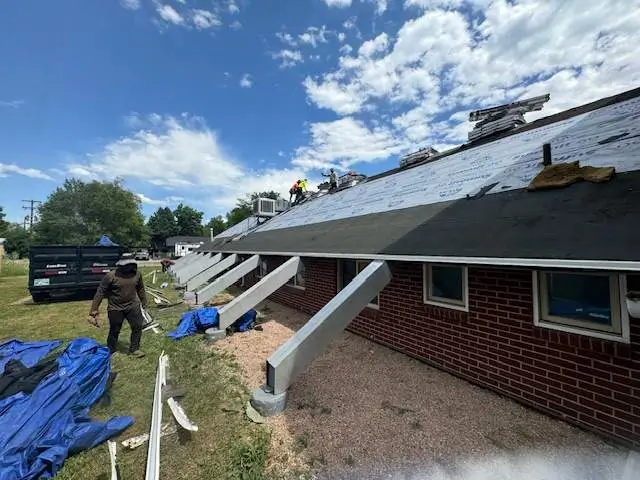Colorado’s weather is known for its extremes, which can take a toll on a roof’s integrity over time. The state experiences intense sunlight due to its high elevation, which exposes roofs to stronger UV rays than in lower-altitude areas. This constant exposure can cause roofing materials, especially asphalt shingles, to dry out, crack, and become brittle. Over time, the protective granules on shingles can wear away, leaving the roof more vulnerable to leaks and other damage.
In addition to the sun’s impact, Colorado’s weather is highly variable, with significant temperature swings between day and night. This causes roofing materials to expand and contract frequently, which can lead to warping, cracking, and eventual failure of the roofing system. The freeze-thaw cycle in winter can be particularly damaging, as water that seeps into small cracks can freeze, expand, and worsen the damage.
Another factor to consider is the state’s hailstorms, which are frequent and often severe. Hail can cause immediate and visible damage to roofs by denting, cracking, or even puncturing roofing materials. Even if the damage isn’t immediately apparent, repeated hailstorms can weaken the roof over time, making it less effective at protecting the home.
Colorado’s heavy snowfalls add another layer of stress on roofs. The weight of accumulated snow can strain the roof structure, especially if the snow isn’t removed promptly. Melting snow can also lead to ice dams, where ice forms at the edge of the roof and prevents proper drainage. This can cause water to back up under the shingles, leading to leaks and water damage inside the home. Together, these factors mean that Colorado’s weather and sun exposure can significantly compromise a roof’s longevity and effectiveness. Premier Restoration & Construction has the solution to these continuous challenges. Call 303-Premier to schedule an appointment.


